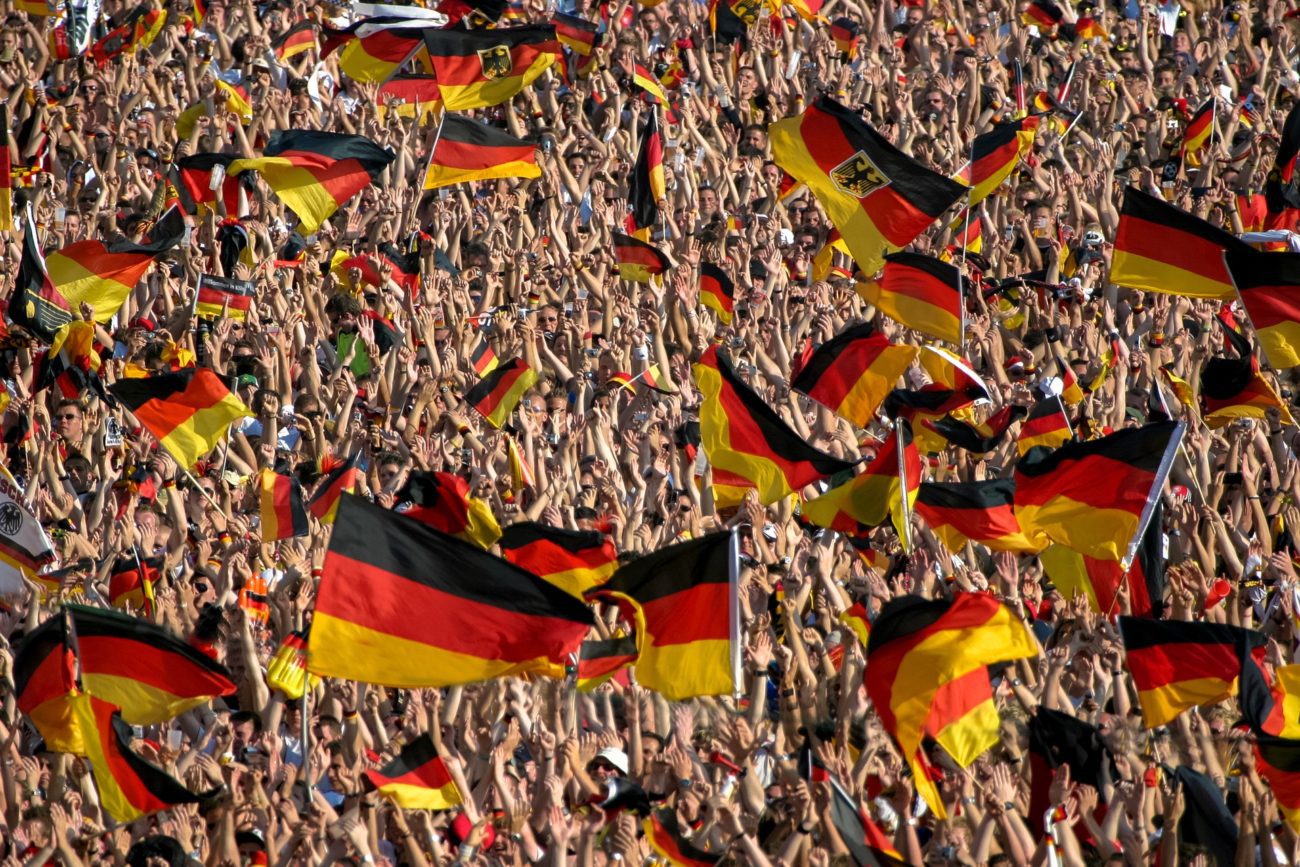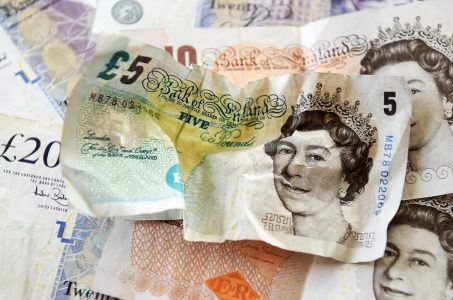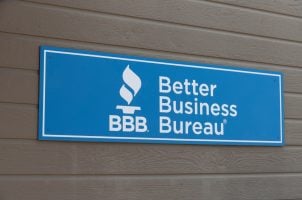German State of Schleswig-Holstein Ready to Issue Online Gaming Licenses
Posted on: April 26, 2022, 10:43h.
Last updated on: April 26, 2022, 03:09h.
Germany’s online gaming industry continues to evolve, as the country’s states establish new markets. The latest is Schleswig-Holstein, which is now accepting applications for online casino licenses.

Schleswig-Holstein is making progress in the re-regulation of online gambling in Germany. The development of the country’s Interstate Treaty on Gambling is evolving, albeit sometimes at a slow pace.
The Interior Ministry of Germany’s northernmost state announced that the process of granting permits to online casinos began on April 25. In the future, classic casino games such as roulette, baccarat, and blackjack in Schleswig-Holstein should also be possible, in addition to land-based options.
Online poker is not part of the deal but could appear later.
Handful of Licenses Await
Unlike the state of Thuringia, which instituted an online gaming monopoly, Schleswig-Holstein is taking a different approach. It will award four licenses to operators after reviewing all candidates’ applications.
The Ministry of the Interior also announced the first details of the procedure. Before granting a permit, it provides for an “aptitude test and comprehensive examination of the achievement of the objectives of the State Treaty on Gambling 2021.”
The validity period for the licenses will be 15 years. In order to qualify for consideration, operators who want in on the market will have to pay just to put their name in the hat. The fee, however, is minimal compared to what other jurisdictions charge. They only have to pay €2,500 (US$2,663).
The State Treaty on Gambling established that the regulation of online casinos is a matter of the federal states. Their gambling authorities have two options: they can either license to a state monopoly provider or distribute permits to multiple vendors.
However, the number of online platforms cannot be greater than the number of licensed casinos in the state. In Schleswig-Holstein, this means that up to five licenses may be authorized. Since the state lottery company is to receive one of them, four licenses are provided for private operators.
A Divided Germany
Schleswig-Holstein is following the path previously taken by the government of North Rhine-Westphalia. In Germany’s most populous state, several providers won the right to offer online gaming platforms.
In Thuringia, however, leaders opted for the other solution. They stipulated in the Thuringian Casino Act that a state provider will operate the only online casino for player protection.
There is no licensee yet. But the Thuringian State Lottery is the most likely candidate for the future operator of online casino games. In the meantime, gamblers will continue to use unlicensed, offshore sites that offer no protection.
Online Casinos May Face Insurmountable Issue
Although Germany is making a concerted effort to launch legal online gambling, it wasn’t always like that. For a time, the only option for gamblers was to use illegal platforms or sites that were not operating under a license in the country. That would soon become a major headache for several of them.
Years ago, a Munich court ruled that gamblers who used credit cards to fund their online accounts had no obligation to repay the amounts to financial institutions in the country. The logic was that, since the gaming platform had no license, the bank should have blocked the payments.
The topic reappeared recently in the case of a gambler who wanted a refund from an online operator out of Malta. The company wasn’t named, other than to say that it was a subsidiary of Entain.
The battle made it to the High Court of Frankfurt, according to German media outlet Spiegel. There, a judge ruled that the individual would receive a refund of €12,000 (US$12,781) for his gambling losses. The operator is responsible for the refund because it operates without a license.
That decision opened the door to a potentially long line of claims. If one person can receive a refund for gambling losses, so can everyone else who gambled on unlicensed platforms.
Related News Articles
UKGC Orders British Online Gambling Sites to Remove Withdrawal Restrictions
BetMGM Gets an ‘F’ From Better Business Bureau
Most Popular
Tropicana Las Vegas to be Imploded, Tentative Date Set
VEGAS MYTHS BUSTED: Golden Gate is the Oldest Casino in Vegas
Casino Shooting Suspects Caught After High-Speed Chase
Most Commented
-
End of the Line for Las Vegas Monorail
— April 5, 2024 — 90 Comments
















No comments yet